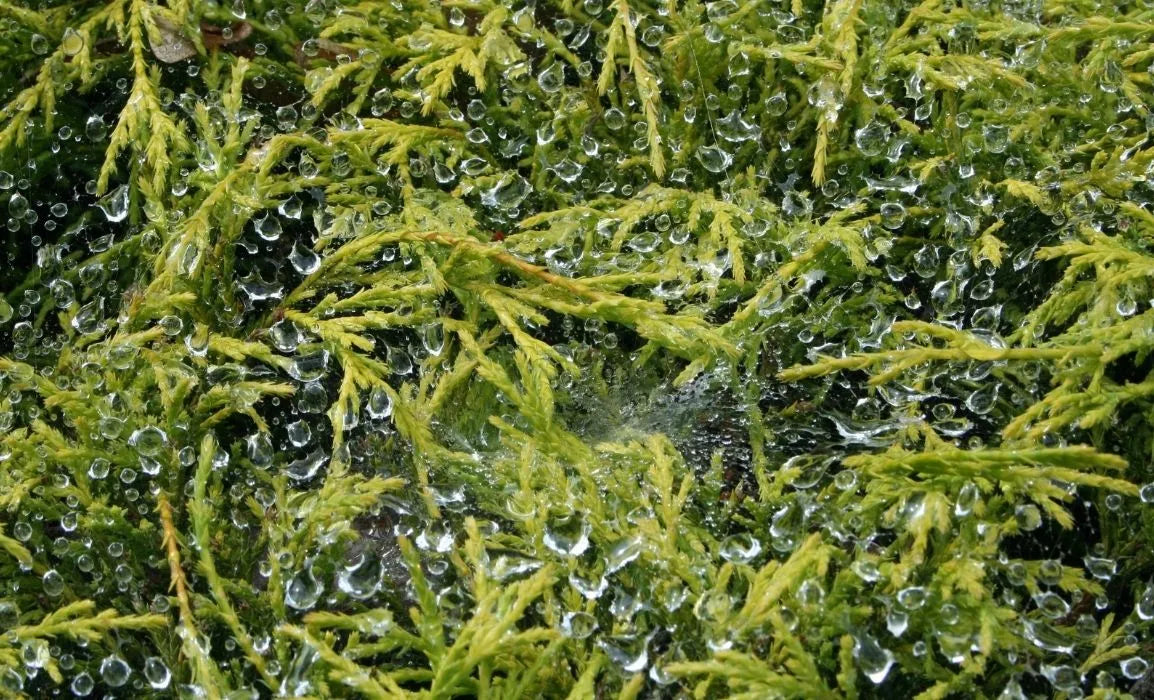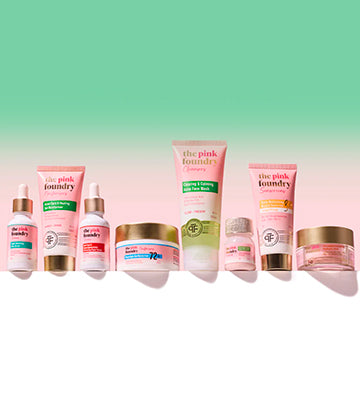Algin in skincare

Introduction
From luxurious face masks to rich and smooth creams, the beauty sector relies on numerous natural ingredients. One such beneficial compound is Algin. Extracted from the bottom of the sea, this is not just another trendy substance. This seaweed extract is scientifically backed to transform the world of skincare.
This article explores how this aquatic plant derivative works its magic. From hydrating and detoxing to looking at its film-forming capabilities, this piece explores what is algin. Whether you are a self-care enthusiast or someone who wants to get the goodness of natural ingredients, get ready to discover its power to enhance your beauty routine.
What is algin?
This is a carbohydrate found in brown seaweeds and is popularly known as alginic acid. This is a natural polysaccharide that's a common part of the cell walls of such aquatic plants. Such a derivative is extensively used in the cosmetic industry, for instance, in peel-off facial masks. Apart from this, it is used as a food additive and in health products like tablets.
These derivatives are widely used as thickening, emulsifying, or suspending agents. They are widely used in industrial, pharmaceutical, and food products. Skincare products may have other natural emulsifiers and thickening agents like amylopectin or synthesized ones like sodium acrylates copolymer.
Is algin natural?
Yes, algin is a naturally occurring polysaccharide found in brown algae and a common component of cell walls in all brown seaweed species. Besides, it can make up to 40% of the dry matter in brown algae. The plant is harvested, washed, and ground into a fine powder.
Algin is extracted from the cell walls of such aquatic plants using an alkaline solution. Finally, the compound is isolated and dried again for use in skincare or other purposes.
It is hydrophilic and forms a viscous gum when hydrated. It ranges from white to yellowish-brown in colour. Generally, it is sold in powdered, granular, or filamentous forms in the market. Algin's salts with metals like calcium and sodium are known as alginates.
What does algin do in skincare products?
Sodium alginate, one of the components of algin is commonly used in the manufacturing of cosmetics. It has multiple potential benefits when used correctly. Various properties that make it useful in cosmetics include:
-
Hydration
Algin acts as a humectant to help maintain skin moisture. This means it attracts and retains moisture, making the biggest sense organ supple and plump.
-
Thickening
Algin improves the texture and viscosity of products. This can enhance the sensory experience of beauty products. It increases the smoothness of creams and lotions. Hence, they can be soothing and enjoyable to use.
-
Emulsification
Algin can act as an emulsifying agent. This property prevents the separation of liquids that don't normally mix. They do this by forming a protective layer around dispersed droplets at the interface of two fluids. This layer helps to maintain the stability of the emulsion over time and inhibits coalescence.
-
Binding
Algin can act as a binding agent. It works by forming cross-links with other ingredients, creating a cohesive structure. It can be used to create alginate masks, which are popular for their hydrating properties.
-
Film-forming
Algin can act as a film-forming agent. When algin comes into contact with water, it readily absorbs it and forms a gel-like structure. This can be used to make good peel-off masks. It helps with hydration and getting rid of impurities. It can help in enhancing exfoliating agents, such as AHA and BHA. The Overnight Exfoliating AHA BHA Radiance Mask aids in promoting a more uniform exfoliation process.
Algin benefits in skincare
This seaweed extract is used in many beauty preparations. It has multiple benefits, including:
-
Hydration
Algin can help lock in moisture, making it a good ingredient for dry skincare products. It can also improve blood circulation to hydrate the skin.
-
Texture
It can be used as a thickening agent to improve the texture of products like lotions and creams. The high viscosity of the skin products makes it easier to apply.
-
Emulsification
Algin can act as a surfactant agent to stabilize emulsions in beauty products.
-
Anti-inflammatory
Hydrolyzed algin benefits in reducing stinging and assists in wound recovery. It is a boon for people with sensitive skin as it helps calm irritated or inflamed dermis.
-
UV and pollution protection
The hydrolyzed form can help protect the skin against UV rays and pollution. It acts as an antioxidant.
-
Skin barrier support
It prevents moisture loss and protects it from external aggressors. Apart from this, it improves the organ's natural barrier function.
-
Cooling effect
Algin can provide a soothing and cooling effect, which is particularly beneficial for irritated or inflamed skin.
Beauty products containing this ingredient provide a cooling sensation when applied. It can nourish and offer much-needed relief for irritated and broken skin. Clearly, it is a blessing for individuals with sensitive cutis.
Precautions while using algin
It is a safe ingredient and is derived from natural sources. It has a long history of use in the cosmetic industry. Generally, it is well received by the skin and does not block the pores. As it does not clog the skin, it does not contribute to acne or blemish formation. Such products are good for people with oily or acne-prone skin.
Conclusion
The journey of algin from the depth of the ocean to your shelves is truly fascinating. Its presence in the beauty industry is undeniable. It is a testament to the power of natural substances. The myriad of algin benefits to the skin makes it a valuable addition to your beauty products.
As the research into this plant derivative continues, we can expect more innovative uses to emerge. So the next time you marvel at the rich texture of your body lotion or the hydrating power of your sheet mask, you know who to thank.


























































